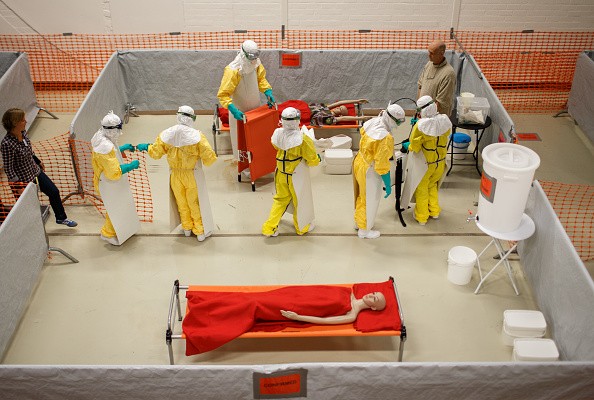
The global healthcare system is still not prepared for another epidemic like the outbreak of Ebola in West Africa. This is according to Doctors Without Borders, the international medical charity.
The organization says that developed nations must create a coordinated response plan and drugs to fight neglected diseases that threaten to become pandemics. The international response to Ebola was late and slow, leadership was lacking, and there were no treatments or vaccines against Ebola, the organization-officially known as Medecins Sans Frontieres or MSF-said in a statement.
"The lacking medicines and medical tools in these disease areas all reflect a broken research and development system, where needed tools are either priced far out of reach, or are simply not developed," the organization said.
"If a global pandemic were to strike tomorrow, there is still no well-resourced, coordinated international response in place to kick in," Dr. Joanne Liu, MSF International President, said in a statement.
The organization released its statement in advance of the G7 Meeting in Elmau, Germany, which will be attended by the leaders of the seven wealthiest countries in the world. MSF is urging that the G7 countries develop an efficient emergency response system against epidemics and other global health crises.
The outbreak of Ebola underlined the need to fund the development of drugs and diagnostic methods for neglected diseases, MSF stated. In addition, people in developing countries need to have access to existing medicines.
MSF said that there were global failures in the response to Ebola but that they are not unique to that disease. The statement noted that there is little incentive for a country to declare an outbreak of infectious disease because it can hurt trade and tourism. Countries must honestly confront infectious disease outbreaks, and wealthy nations should deploy staff and resources to support national health ministries that are unable to cope alone.
The G7 meeting has put three health issues on its agenda: Ebola, neglected diseases, and antimicrobial resistance.

